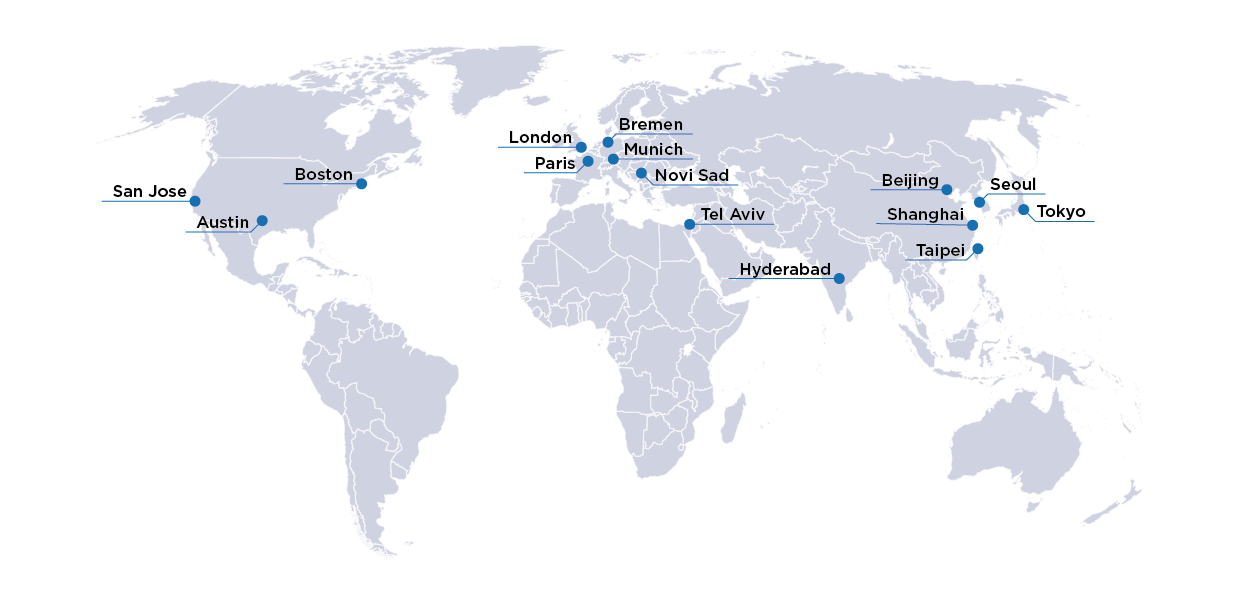"Digital tracking dog" against security gaps in processors (Germany)
By: Gerhard Stelzer
To develop software that is supposed to detect security gaps in processors, the TU Kaiserslautern is receiving 1.5 million euros as part of the BMBF funding program "Trustworthy Electronics".

From the point of view of the Federal Ministry of Education and Research (BMBF) , “Made in Germany” should come to the fore again. The focus is on key technologies that drive digital progress. Under the umbrella of the "Trustworthy Electronics" flagship initiative , the BMBF is funding, among other things, joint projects that aim to produce reliable and safe electronics. At the project "Scale4Edge" is now a team involved University of Kaiserslautern (TUK) . The IT experts are bringing a software tool to market maturity that, like a “digital sniffer dog”, detects security gaps in processor hardware. Around 1.5 million euros in research funding will go to the TUK.
Today they are found as central processing units in practically all commodities such as entertainment electronics, vehicles or medical devices: microcontrollers and processors . In particular, when these small processing units are embedded in safety-relevant systems, such as in autonomous driving, IoT applications (Internet of Things) or in modern manufacturing technology (Industry 4.0), the hardware architecture must not have the smallest weak point . Otherwise, attackers can use so-called side channels to gain access to sensitive information - passwords or encrypted data - that the processor processes or exchanges with other systems.
[..]
The researchers at TUK are working with the Munich-based software company Onespin Solutions to integrate them into commercial verification environments . Kunz: "Onespin Solutions, whose software detects functional errors and security problems in the hardware, among other things, can provide us with the best possible support with their industrially proven methods and algorithms for error detection."
